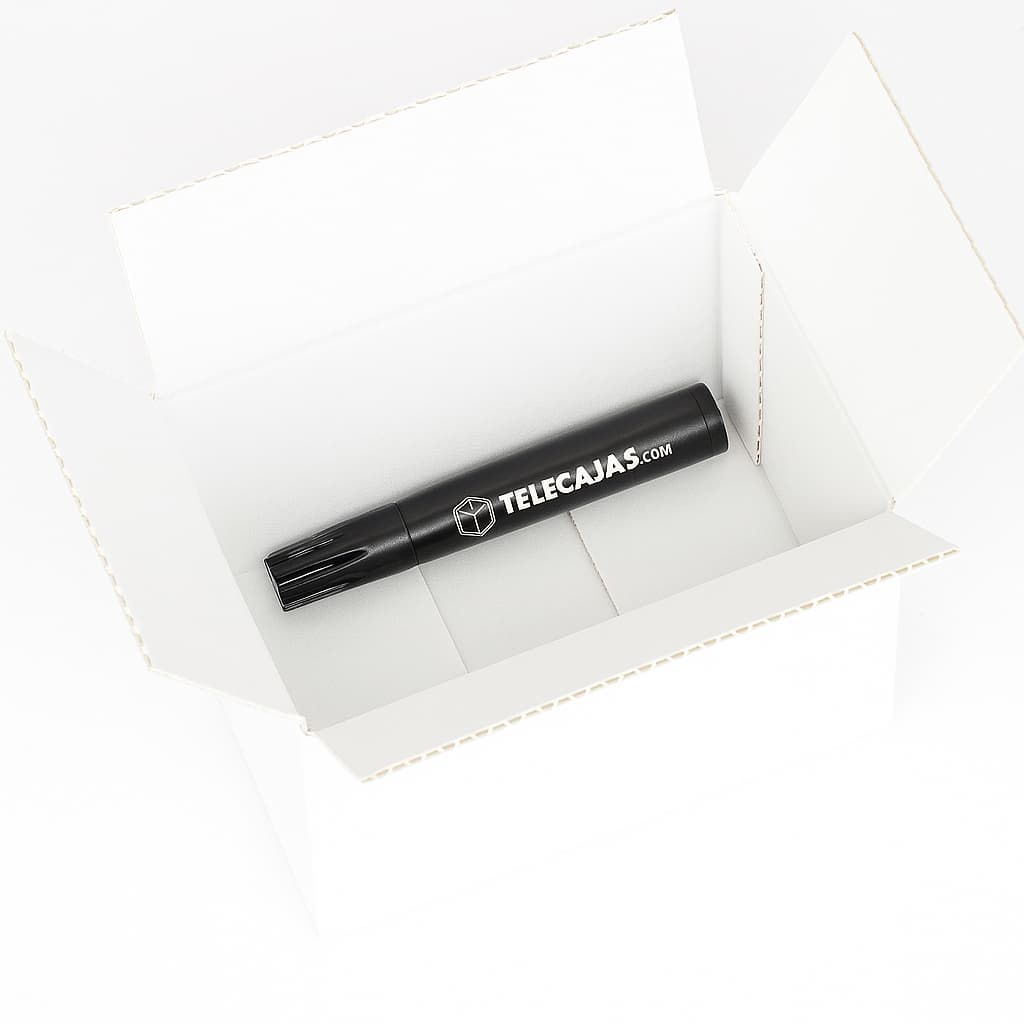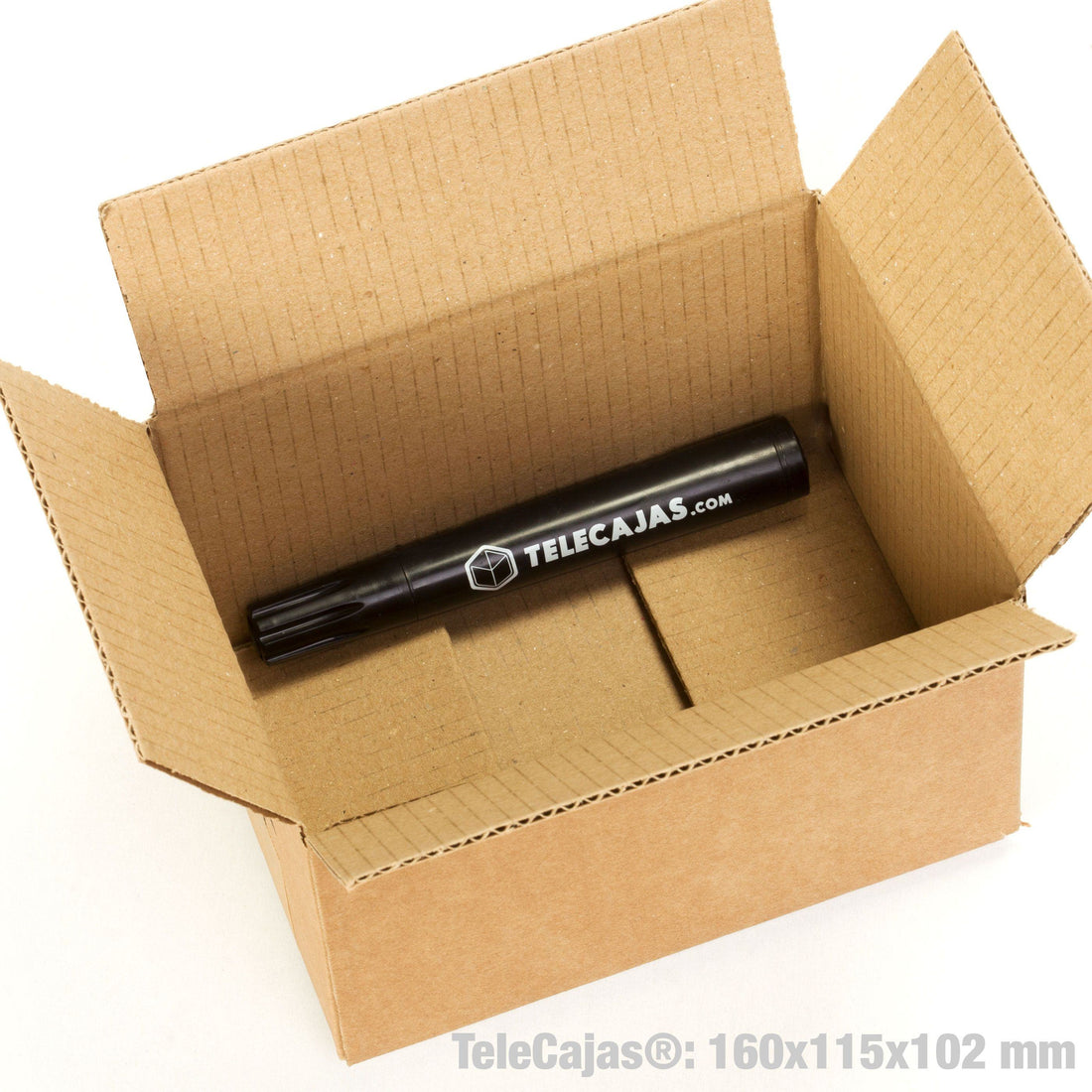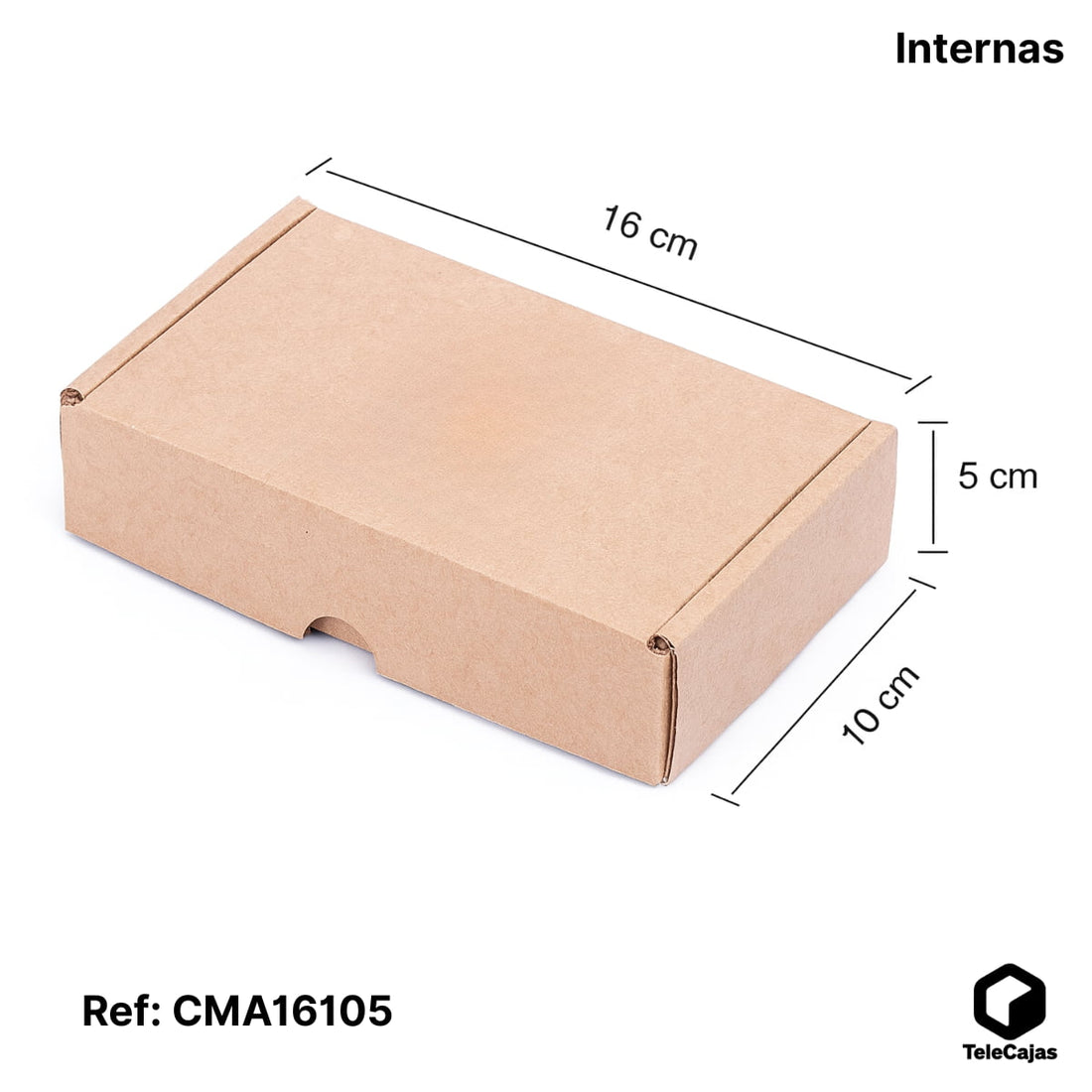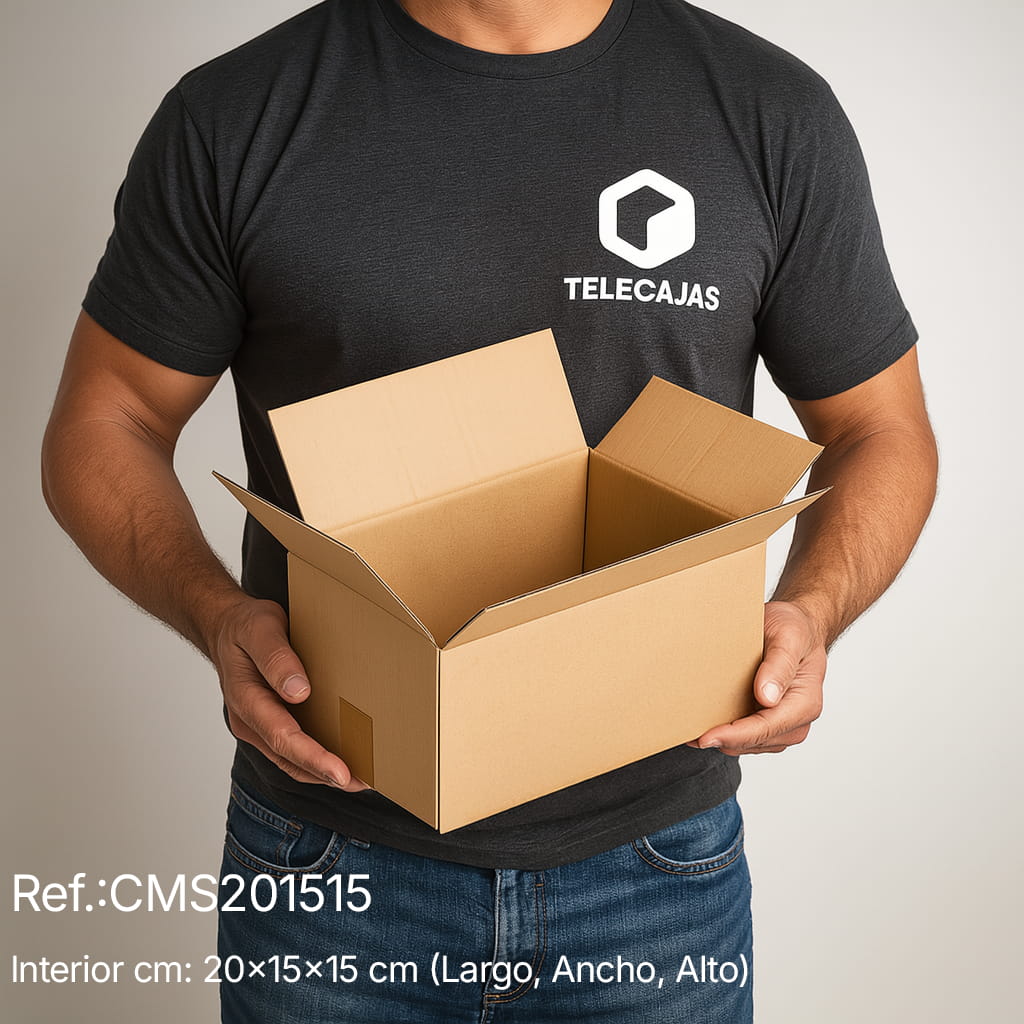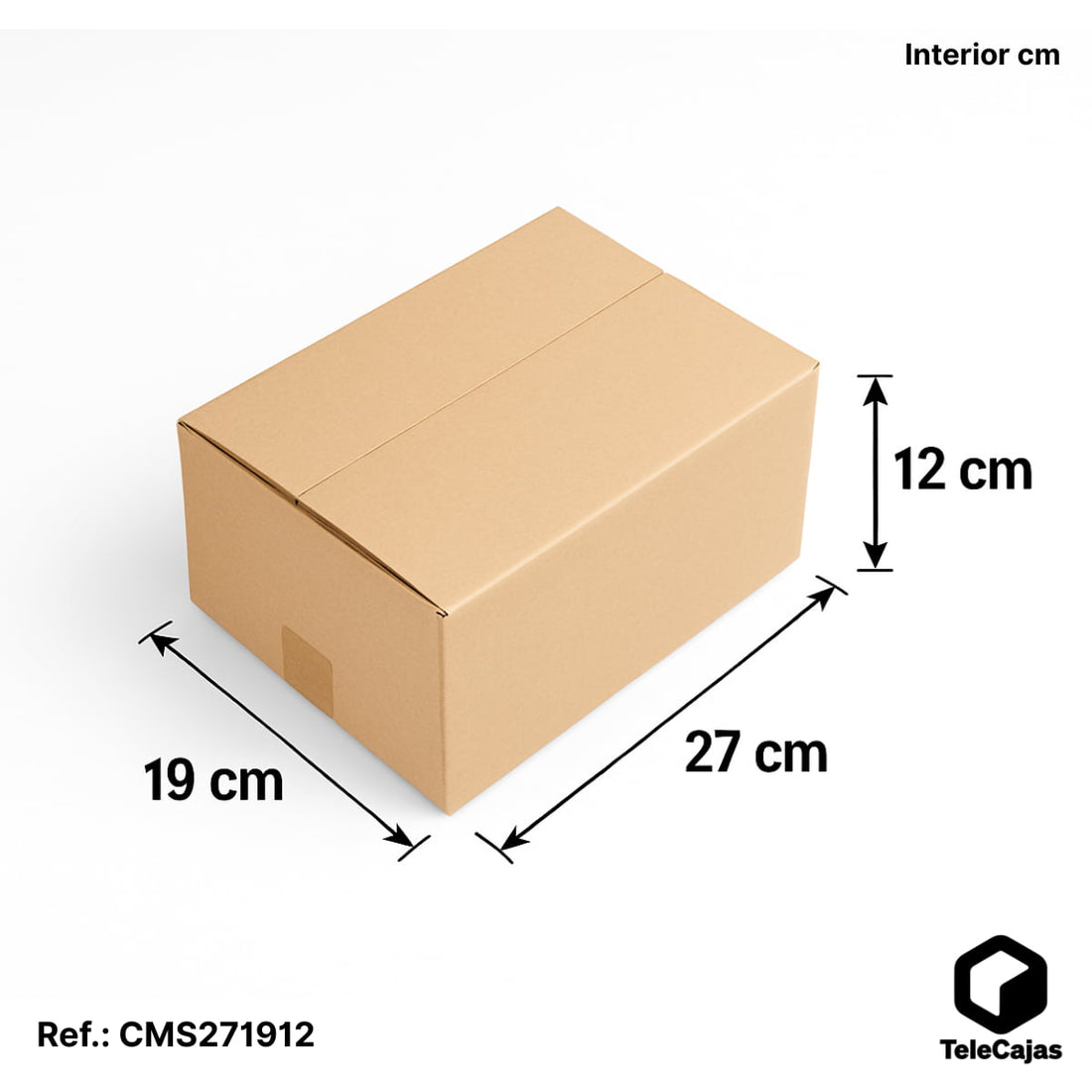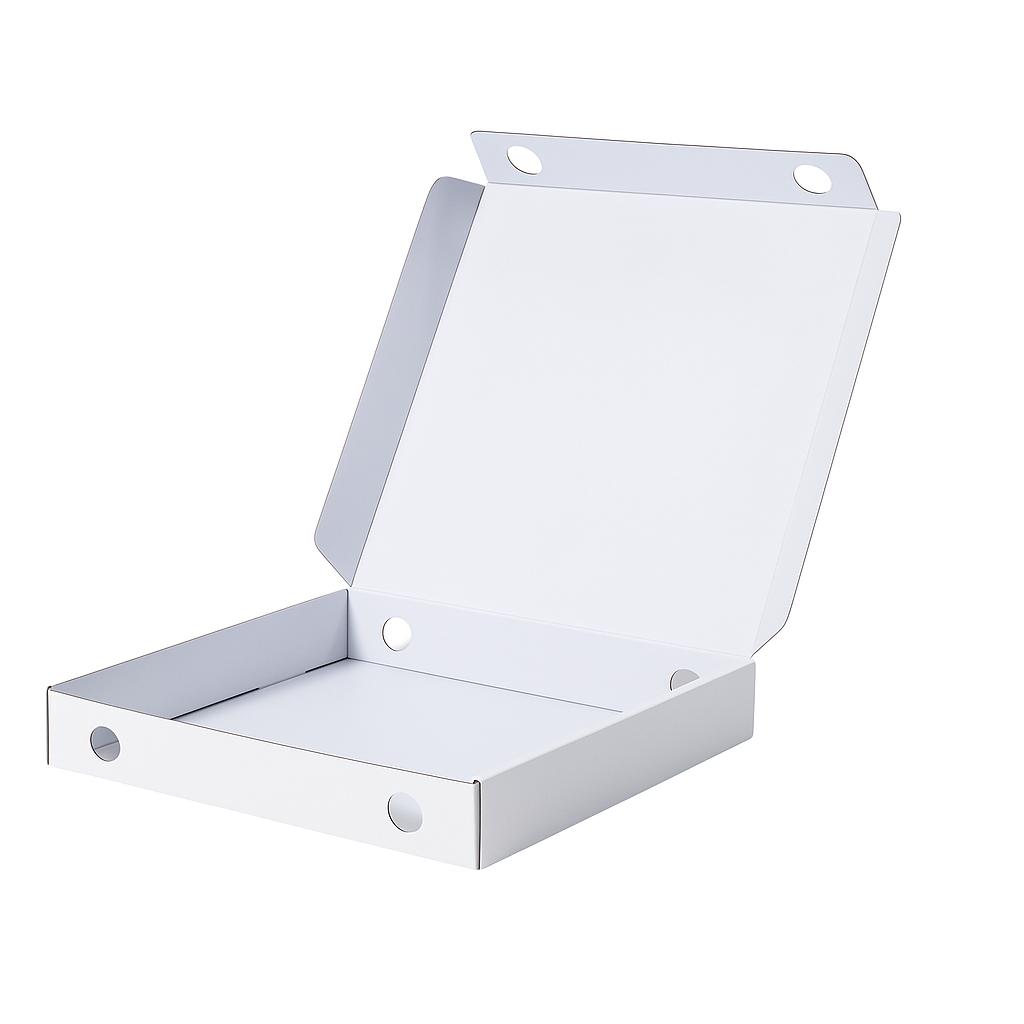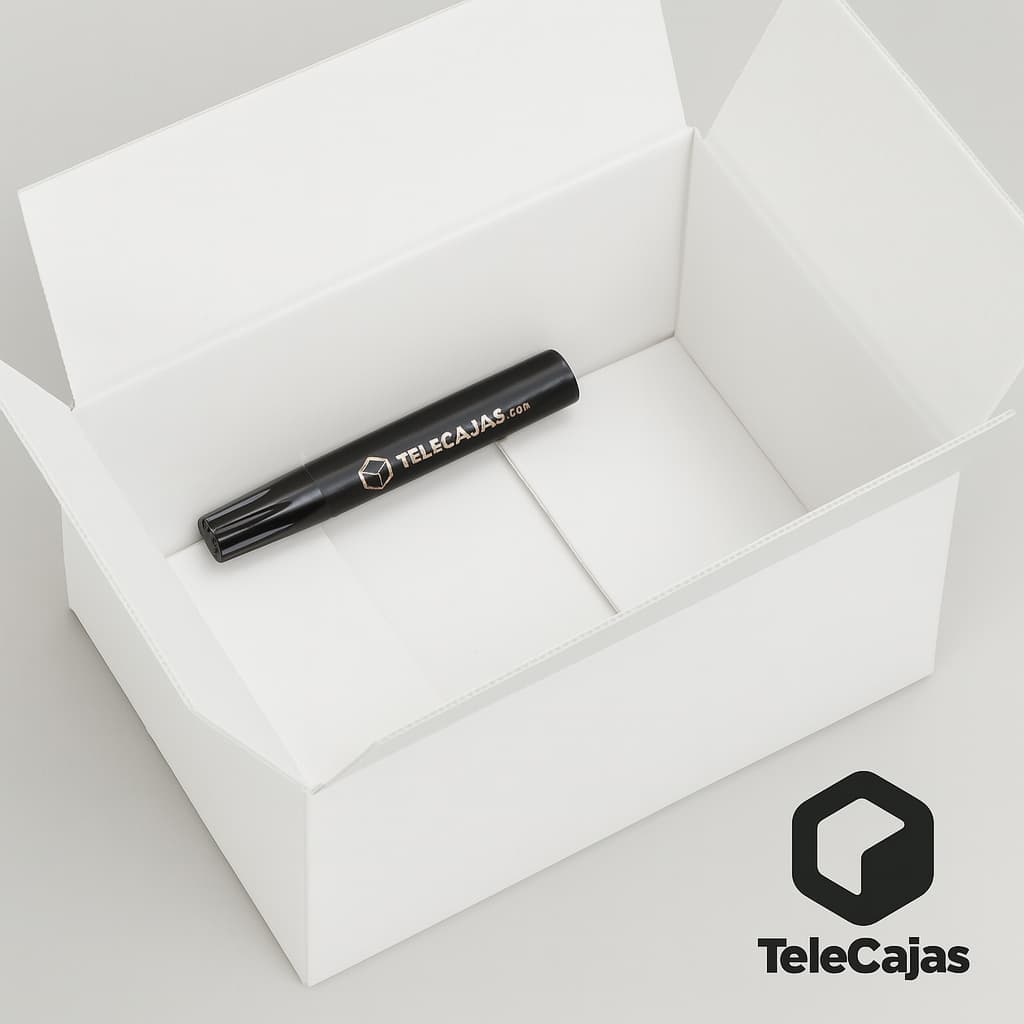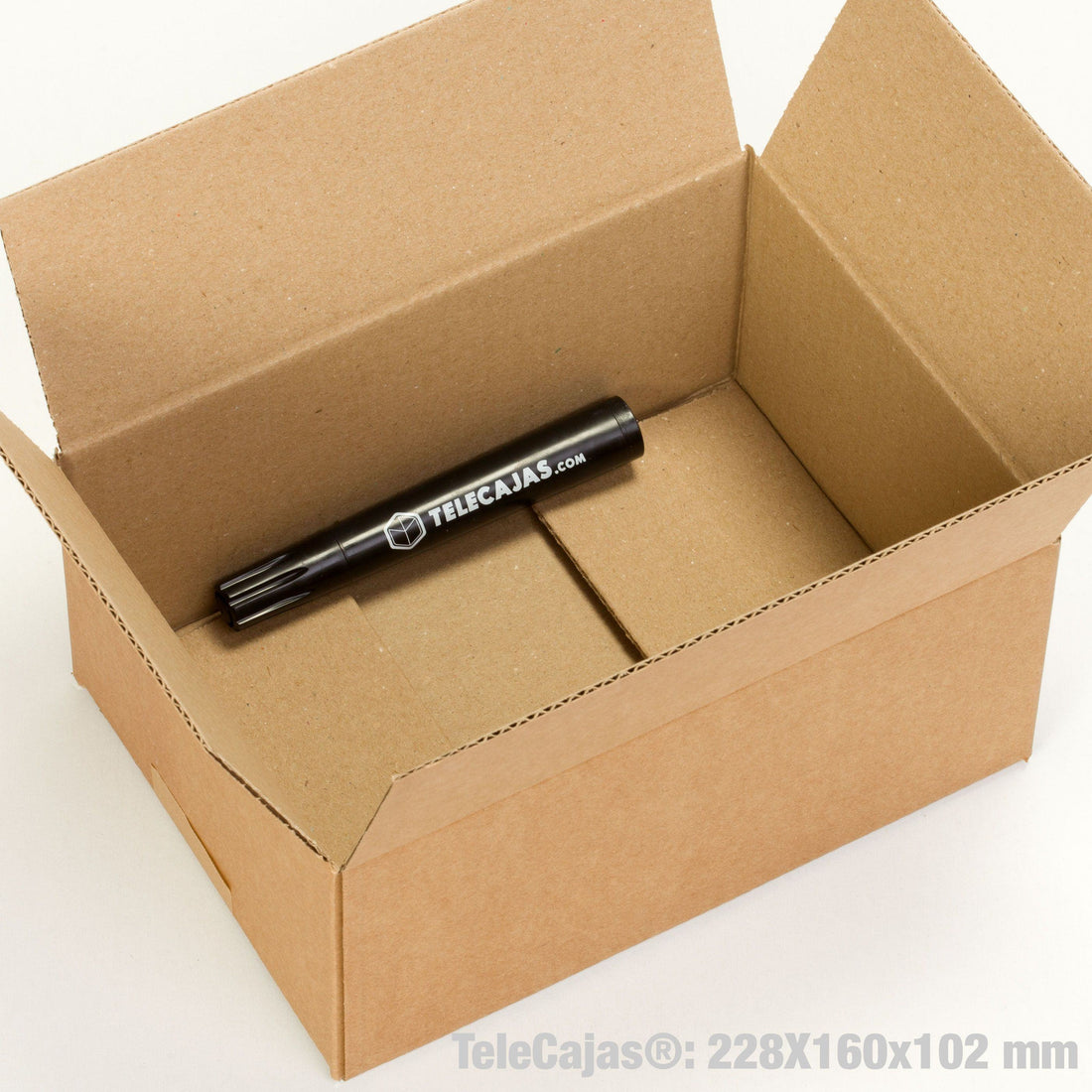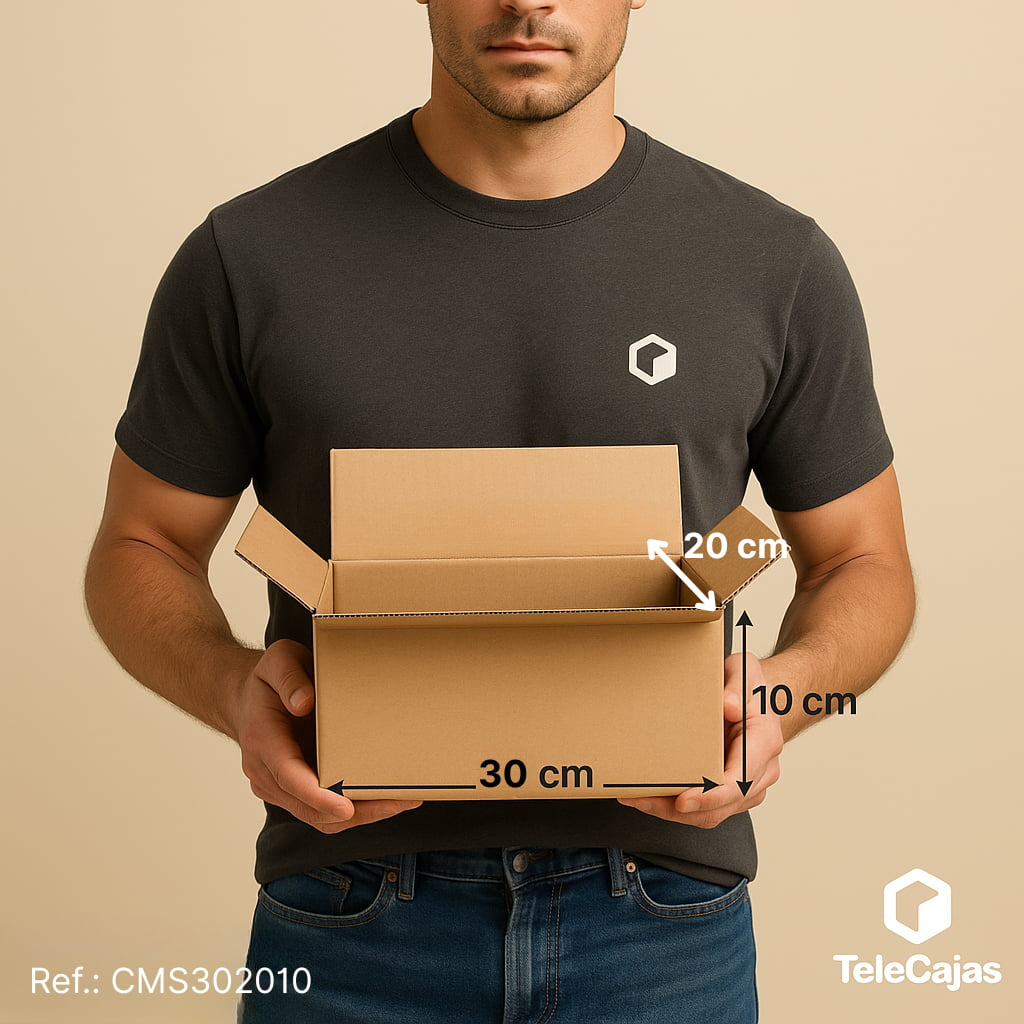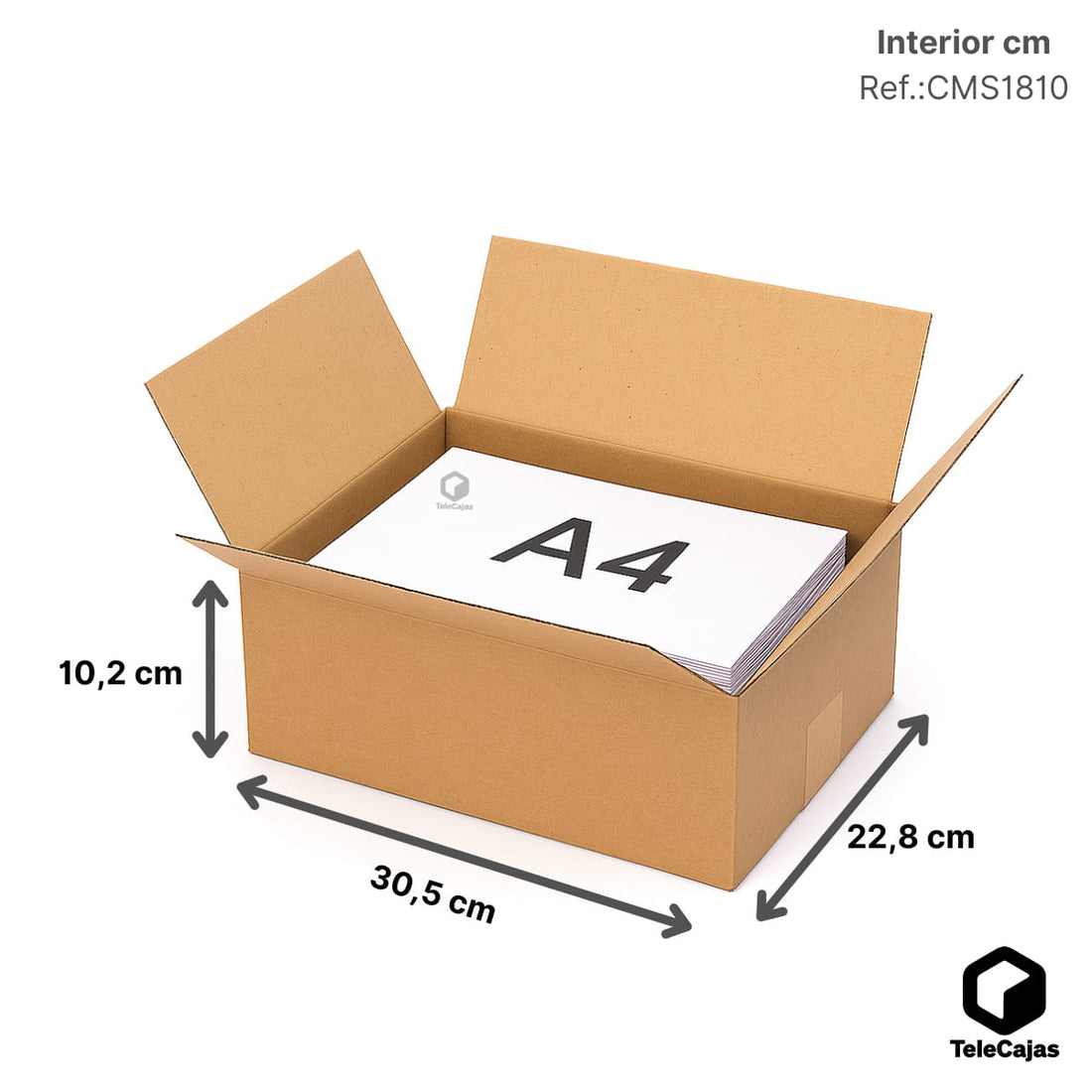New European Packaging Regulation (PPWR): How will it impact e-commerce and traditional commerce?
The European Union has taken a decisive step towards a circular economy with the Packaging and Packaging Waste Regulation (PPWR) , legislation that will transform the design, use, and management of packaging across all sectors. In this article, we analyze its key implications for e-commerce , brick-and-mortar stores, and packaging companies, as well as the deadlines and penalties you should be aware of.
Key Changes to PPWR: Towards More Sustainable Packaging
The PPWR aims to reduce waste and promote recycling through mandatory measures:
- Recyclable Design: All packaging must be 100% recyclable by 2030 .
- Recycled Materials: Obligated to include minimum percentages of recycled plastic (e.g., 65% for bottles by 2040 ).
- Restrictions on Disposable Items: Unnecessary packaging, such as ultra-thin plastic bags, single-serving condiment packets, or mini-bottles, is prohibited in hotels.
- Volume Reduction: Maximum 50% empty space in boxes and prohibition of over-packaging.
- Single Labeling: All packaging must include clear recycling instructions from August 2028 .
Obligations for E-commerce and Physical Stores
Businesses must adapt to stricter requirements:
E-commerce:
- Minimize materials and avoid empty space (maximum 50% per box).
- Use only recyclable containers and containers with recycled content.
- Participate in Extended Producer Responsibility (EPR) schemes and appoint representatives in each EU country where they operate.
Physical Stores and Hospitality:
- It is forbidden to give out single-use plastics (e.g., lightweight bags).
- Offer reusable alternatives (e.g., allow customer containers for takeaway food at no extra cost).
- Informative labeling on all packaging.

Impact on Packaging Companies
The changes require innovation in products and processes:
- Review materials: Prioritize options that are free of hazardous chemicals (such as PFAS) and certified as recyclable.
- Expand catalogs: Include reusable solutions (returnable containers, refill systems).
- Optimize logistics: Reduce empty space and label packaging correctly.
Adapting early not only avoids penalties, but also positions companies as leaders in sustainability, a value increasingly demanded by consumers.
Key Dates for Your Calendar
- February 2025: Entry into force of the regulation.
- August 2026: Mandatory compliance with most standards.
- 2027: The hospitality industry must allow reusable customer containers.
- August 2028: Harmonized labeling on all packaging.
- 2029: Beverage container return systems at 90% collection rate.
- 2030: All packaging must be recyclable and meet reuse targets (e.g., 40% reusable packaging in key sectors).
- 2040: Final goals: 65% recycled plastic in bottles and more ambitious reuse targets.
Penalties for Non-Compliance
The PPWR is binding throughout the EU, and member states will impose graduated sanctions:
- Financial penalties proportional to the severity of the infraction.
- Withdrawal of products from the market until non-compliance is corrected.
- Temporary ban on marketing non-compliant packaging.
Recommendations for Adapting Proactively
To comply with regulations and take advantage of business opportunities:
- Audit your catalog: Replace unsustainable materials with recyclable or reusable alternatives.
- Optimize logistics: Use custom-made boxes and returnable packaging systems.
- Comply with the RAP: Register with extended producer responsibility systems and prepare for mandatory labeling by 2028.
- Train your team and customers: Educate them about good recycling and reuse practices.
- Stay ahead of deadlines: Implement changes before legal deadlines to stand out as a leader in sustainability.
Conclusion: Sustainability is Now
The PPWR not only imposes legal obligations but also redefines market expectations. Companies that adopt eco-friendly solutions before 2030 will not only avoid risks but also gain a competitive advantage in an increasingly environmentally conscious sector. Is your business ready for change?



